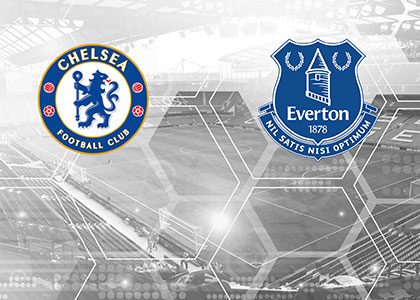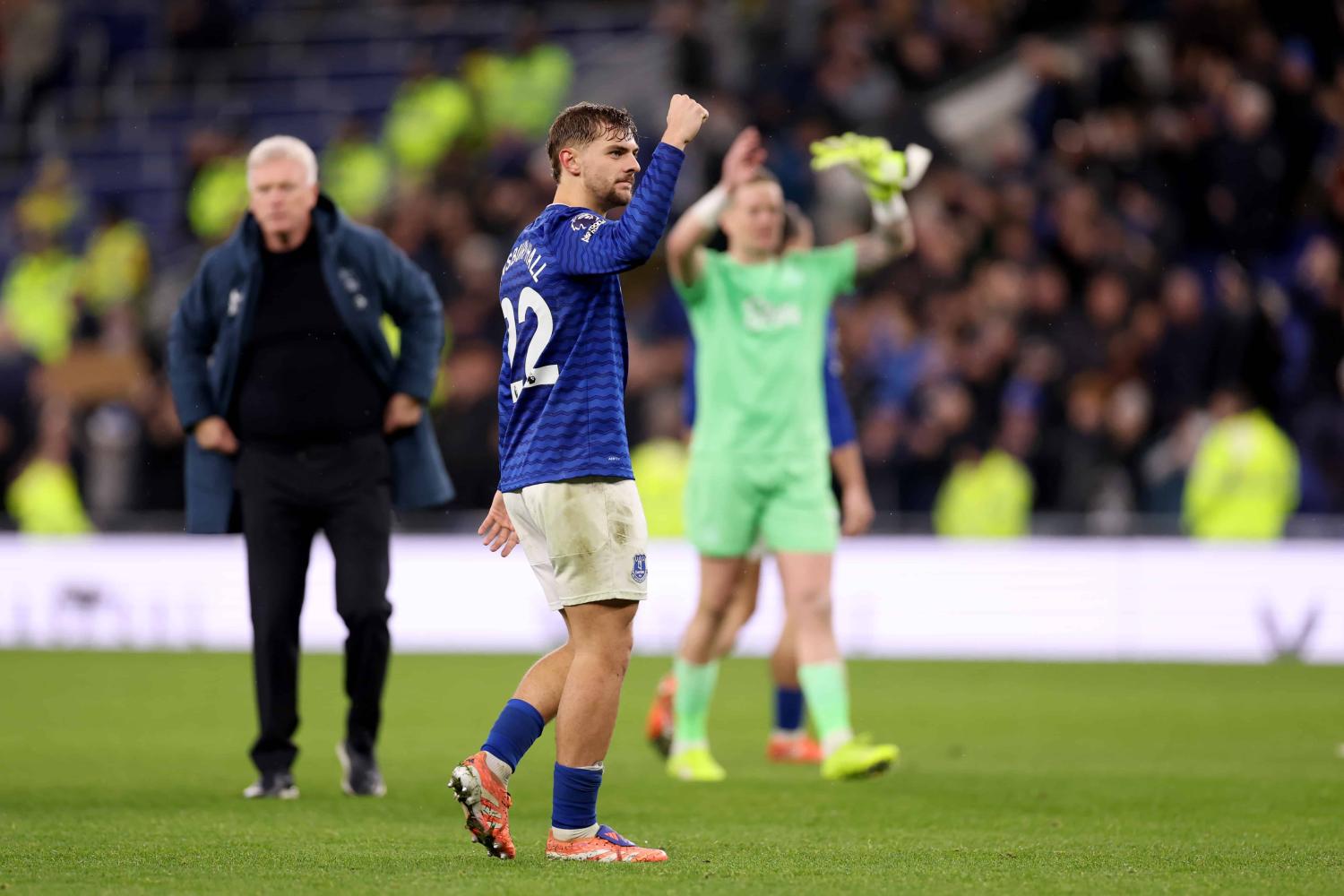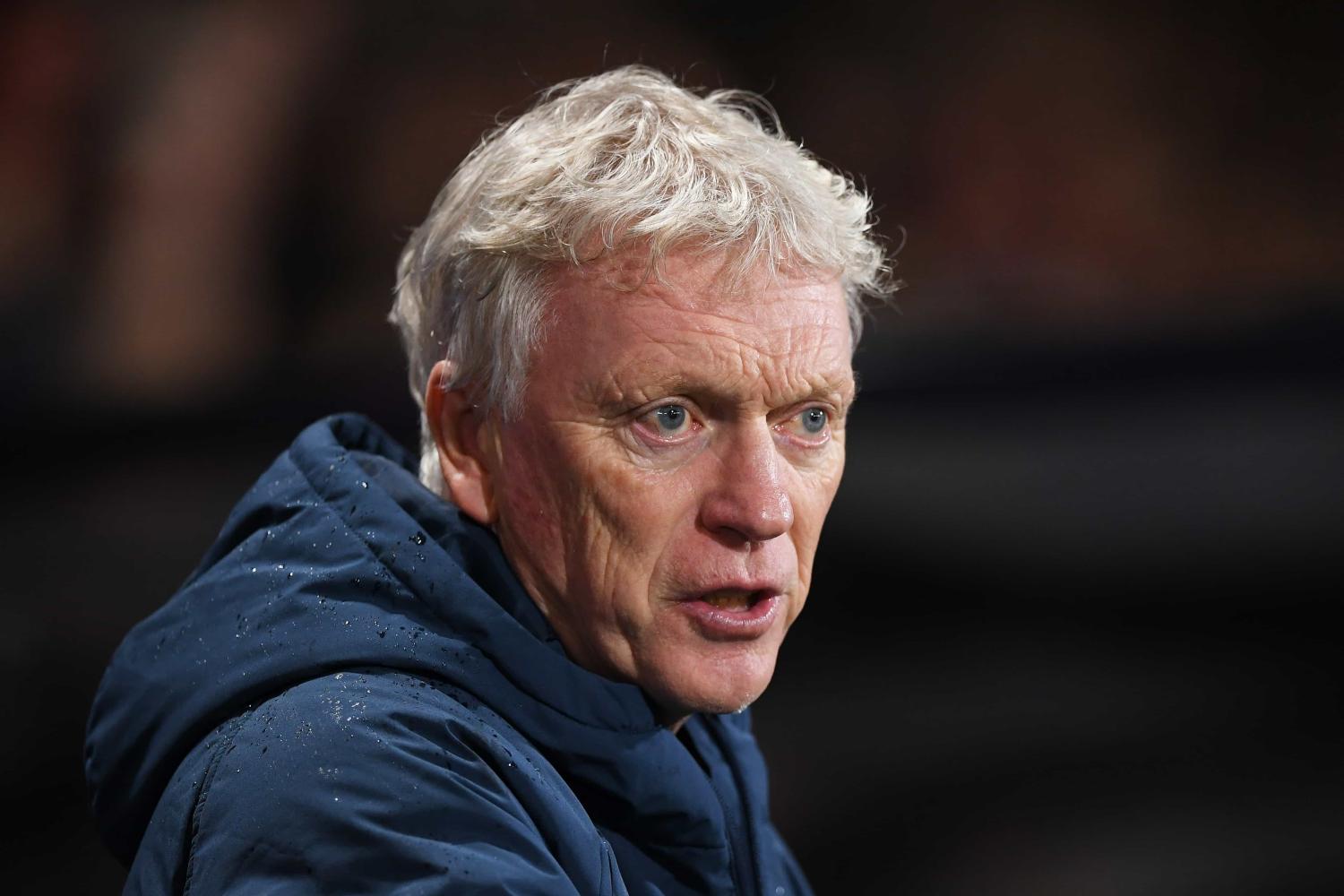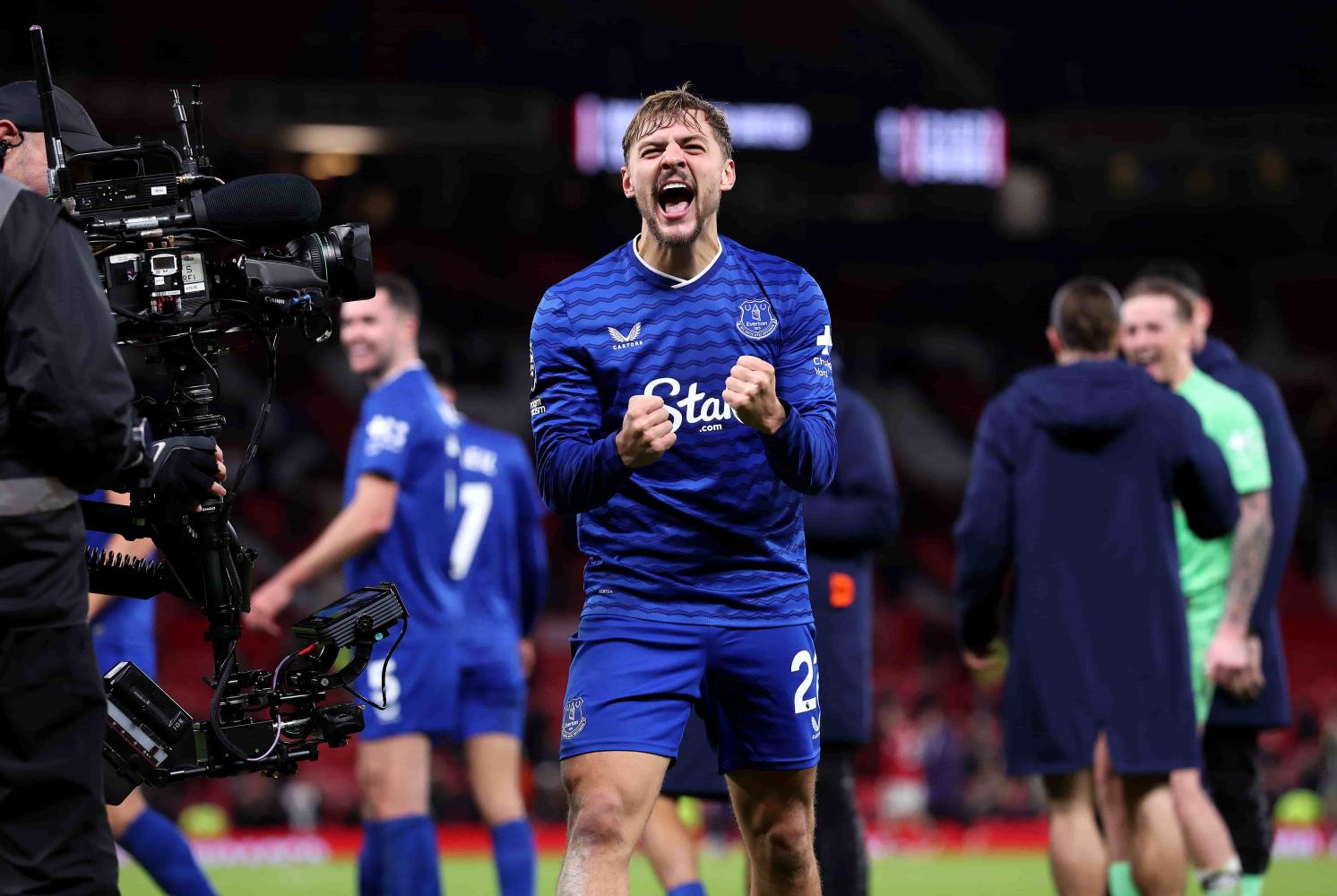Fans Comment
Blowing the European money myth Are we really right to harp on about the wonderful financial rewards of playing in Europe? Observing the miraculous achievement of finishing fourth in the Premiership and securing one of the much coveted spots that allowed us to qualify for Euriope's elite club competition, and reading this article from Uefa.com, it seems that the Champions League is not quite all that it is made out to be � in terms of gushing riches at least. From winning the competition last year, Liverpool took home a winners pot of �30.6M (�21.1M). But this money is calculated before tax and expenses. Uefa own the rights to the competition and therefore demand that all sponsorships, TV rights, corporate revenue and a percentage of gate receipts are sent their way to be �put in the pot�. So please do not shout at this article by trying to show that more money is available through sponsorship, the Uefa.com article clearly shows where all the money comes from � including tv rights and sponsorships. Again, referring to the article, and looking at the money that is there if Everton are able to qualify for the competition group stages, you really begin to wonder if the financial rewards make the effort and potential sacrifice worthwhile? Let me explain: Assuming that EFC where to lose the away games but win the home games in the group stage (3 wins, 3 losses), then the money would look like this:
This would give Everton a total of �4.53M in terms of match bonuses� equating to only �3.11M... That�s just �3.11M for playing six games � three of them away from home. Added to this would be a distribution form the so-called market pool, where the TV income the Champions League generates is split based on the individual club's market value. Looking at the the next link, Olympiacos picked up another �2.67M form the market pool to give them a total of �7.37M (�5M) for their effort, whereas Arsenal walked away with �16.9M from the pool for a total of �23.4M. Obviously there is a massive difference between clubs in the market pool money � based on TV rights. This money is NOT shared equally and the �not so good� clubs don�t get anywhere near as much as those who are members of the coveted G14. These earnings and figures are all presented before tax (which would be capital gains in the UK at a whopping 40%). Expenses have to be taken into account also. So, you have to wonder, is all the kudos and fame worth putting the team through the harsh environment of the Champions League for a measly �5M (if we are lucky)? Is it worth risking our Premiership league position, injury, tiredness and suspensions to the paltry playing resources in our threadbare squad for the sake of this money? Should we finish badly as a result of concentrating on European competition, we could take around �5M in income from the Champions League � and in any event it would be a maximum of �12M (�8M) if we win all our group-stage games. It is only then that we would start to see higher incomes from participating in the latter stages of the competition. On the other hand, we could lose players and form in the league (as did Liverpool last season) and end up mid-table, halving our Premier league winnings from �12M (inc TV rights) to around �6M. So, to a team not expected to do too well, is it worth being in the competition in the first place? Some will say that it helps attract more revenue and better players but, judging by our pre-season performance in both areas (with exception of Chang's increased sponsorship), it isn�t going to make a significant difference to our coffers. Trying not to be negative but Uefa seems to favour those who generate the earnings and revenue for the association; debutants like Everton are only in the competition to make up the numbers � and nothing more. Jamie Rowland Responses: Jamie Rowand�s article on the alleged Champions� League windfall struck a nerve with me, since it seems to contain so many factual errors. So, I did some quick digging on the Uefa website myself and came to some far different conclusions about how much money Everton stands to gain if they reach the group stages this year. First of all, there is the fixed �1.62M qualification bonus, plus �324k per game for the group stage; � 6 games for �1.94M total (I'll assume for the moment that Everton lose all their group games, just to establish the lowest possible benchmark, but any points acquired would earn extra money). In addition, there is the market pool payout. Jamie�s comparison to Olympiacos isn�t really valid here � what matters is the domestic league a team plays in rather than the market size of the club. According to UEFA:
In other words, the English FA gets a market allocation based on the media money it brings in, and each of the English teams in the group stage gets a slice of that. Arsenal got more than Olympiacos last year not because they are bigger, but because they won their league, the league was bigger (money-wise), and they played more Champions� League games. Normally the league performance distribution gives :
(I got this info from multiple different articles linked on the ToffeeWeb site). However, Uefa has said that, if all 5 English clubs make the group stage this year, the distribution will be 37.5%, 27.5%, 12.5%, 12.5%, and finally 10% for Liverpool. Last year, the English market share was approximately �56M � I�ll use that to estimate this year's pool since I lack any other data for a better estimate. Half of that (�28M) goes for domestic performance, of which Everton would get at a minimum 12.5% � that�s �3.5M. The other �28M is divided up by proportion of CL games played by each club. In the worst-case scenario (in terms of money for Everton, I mean), assume the other four English clubs each make the semi-finals, while Everton don�t make the knockout round. That means each other club will play 2 games in the round of 16, 2 in the quarter-finals, and 2 in the semi-finals, plus 2 of the clubs � the finalists � will play another pair of games. Total games for the English clubs (counting 6 group games each) is then 14 for the 2 finalists, 12 for the semi-finalists, and 6 for Everton, or 58 games total. So Everton would get (6/58) of the second �28M, or �2.9M. So far, we have:
Interestingly enough, the 4th-place teams from the Spanish and Italian leagues (the other two big leagues) last year � Deportivo la Corona and AS Roma � each got about �10M for their quick exits from the group stages, and their associations' market pool are smaller than England�s, thus lending credence to this number. Jamie�s article would lead us to believe that�s it; that all other money goes to Uefa � sponsorships, TV, gate receipts, and everything else. However, when I pulled up the easily-located Champions League Regulations from uefa.com, I found out differently. For example, in Section XII � Financial Provisions, Article 24, it says:
Three guaranteed home games with (almost) 40,000 tickets sold at approximately �30 each means around �3.5M total � and that assumes prices aren�t raised for these high-profile games. We�re now at a minimum of �10M for reaching the group stages. And finally, we have media rights. Still in the Champions League Regulations, Annexe VIII (Club Media Rights Guidelines), it says:
Later in the section, it says:
There are similar provisions for the individual clubs to sell territorial radio, wireless, and internet coverage, special programs, and other media distributions. I can�t even begin to estimate how much that might be worth, but I know it�s above zero. So to sum up, if Everton makes the group stages, they stand to make a minimum of �10M, plus additional money if they win or draw group games, plus additional ticket revenue if they raise prices, plus any money from sales of territorial TV, radio, or other media rights. That �15M estimate that so many in the media bandy about seems right on target. Carlos Donald And we understand that Everton will likely not pay any taxes on this income, should their expenditures rise to match this figure, never mind the 40% rate for capital gains � which applies only to individuals. � Editor The Author Responds: Taking �10M minimum can surely not be the case. Why would Keith Wyness predict that the club would need three consecutive years in the CL to make it financially viable? The winners ONLY took �30.6M (�21.1M) and yet the twist in the response is that a team who loses all group stage games can benefit from a windfall of �10M � hardly likely. Okay, my article has a few bold assumptions relating to the loyalty rights which Uefa hold for the competition but the point still stands. There is no way that Everton would take �10M from the competition in the first year. In terms of the UK tax range brackets � EFC, should they a make a profit (which, if they took �10M surely they would, regardless of Wyness's comments towards back end of last season) they will pay VAT and they will pay a regular taxation rate of around 25% - which equates to around 40% total - since the money is 'bonus' cash, the Inland Revenue must see it as a capital gains issue and not club earnings. In terms of 'market pool' this is country specific and your finishing domestic place � why did Liverpool take more of that money than Manchester Utd? Chelsea � who lost more games than Liverpool, took best part of �3M more from the market pool. Arsenal left at the same point as Man Utd but took �6M more overall... the figures don't tie. And overall, the Spanish Liga has the highest coefficient of all leagues. Therefore, based on the 'calculations' in the response to my article, surely the Spaniards should have taken better market pool amounts than English clubs??!! On this link, (pages 31-33), it clearly states that the market pool distribution is calculated by half - CL games played 03-04 and competition performance (ranking) in the 2002-03 season. Everton were not ranked in 2002-03 and didn't play in 03/04 - so the majority of the potential distribution is surely lost? Also on the 'graphical diagram' there shows a ticket revenue. I seriously doubt that Everton would take much from being in this competition unless the coefficient rises from good performance and the gaining entry next season. Jaimie Rowland (18/5/05)
"Fans Comment" articles are submitted by outside contributors to ToffeeWeb. The views contained therein may not correspond with those of the site owners. Editorial policy
©2005 ToffeeWeb |









